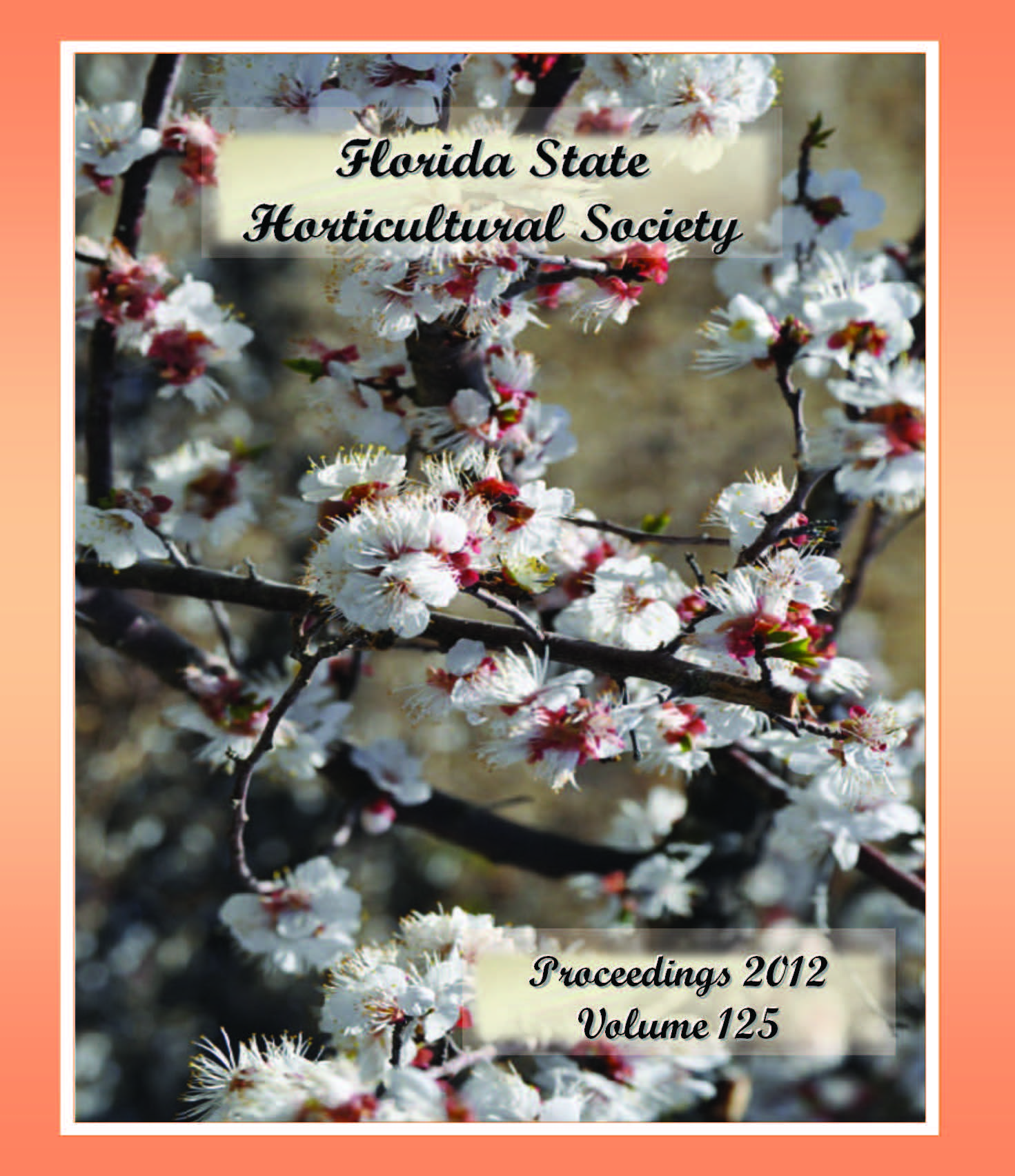Determining the Agronomic and Physiological Characteristics of the Castor Plant (Ricinus communisL.): Developing a Sustainable Cropping System for Florida
Abstract
An increased energy demand combined with rising costs of fossil fuels and the need for profitable agricultural products has created an interest in new crops and optimization of cropping systems for sustainable production. Several US states including Florida are considering castor (Ricinus communisL.) as a biodiesel and industrial feedstock due to its unique oil composition and high potential yield. Castor has been studied in the past and rejected as a feedstock due to the presence of the toxin ricin along with excessive height and vegetative growth. Recent breeding efforts have produced a dwarf variety of castor, ‘Brigham’, which contains approximately 10% of the ricin found in the standard variety, ‘Hale’. We conducted research on the basic agronomic practices that would best suit castor production in Florida. The efficacy of plant growth regulators on the yield of both ‘Brigham’ and ‘Hale’ varieties provided information on control of excessive vegetative growth in the semi-humid environment of north Florida. Basic phenological data such as plant height and root growth were quantified throughout the growing season. This research will help determine the best practices to optimize yield, while reducing production costs for sustainable castor production in Florida.

